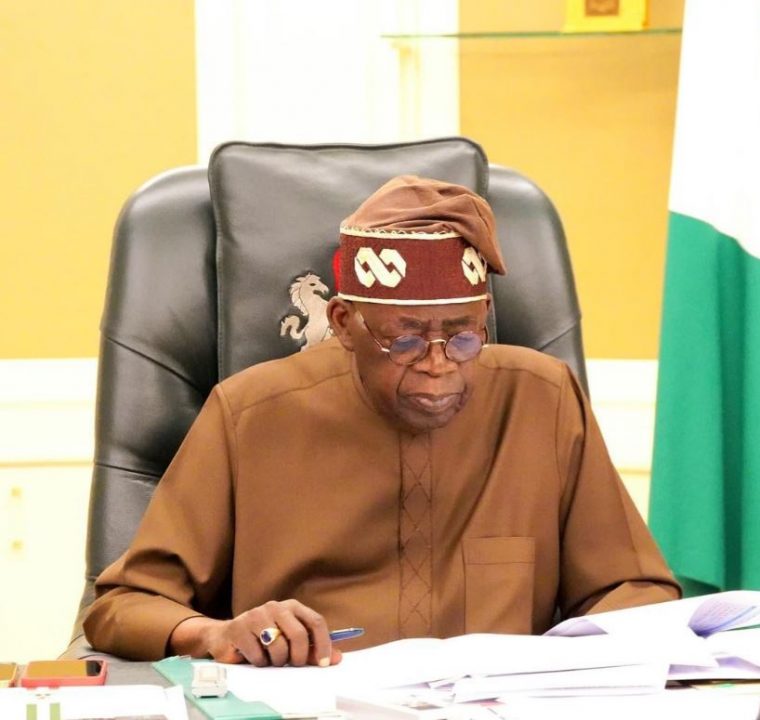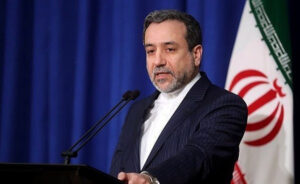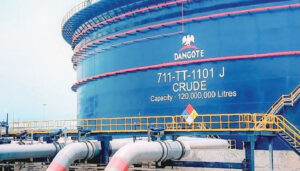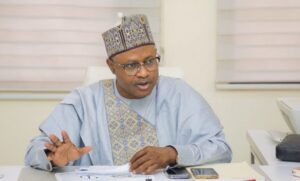
Consular officers deployed to embassies in Spain, Malaysia, Brazil, and others amidst concerns over the state of Nigeria’s diplomatic missions abroad
The Federal Government has started assigning consular officers to Nigerian diplomatic missions worldwide in anticipation of the long-awaited ambassadorial list. This comes over a year after the recall of 83 ambassadors in September 2023, leaving key missions without substantive leadership.
Background
Following President Bola Tinubu’s inauguration, a reassessment of Nigeria’s foreign policy led to the recall of all career and non-career ambassadors. The envoys were instructed to return to Nigeria by October 31, 2023, signaling a strategic shift in foreign relations. However, the prolonged delay in appointing replacements has left a vacuum, raising concerns among diplomats and international observers.
Ambassador Yusuf Tuggar, the Minister of Foreign Affairs, defended the decision, describing the recall as part of a broader strategy to realign Nigeria’s foreign policy. He emphasized that ambassadors serve at the President’s discretion and can be recalled as necessary. Yet, the absence of new appointments has disrupted Nigeria’s diplomatic operations.
Interim Measures
In April 2024, the government appointed 12 consuls-general and five chargés d’affaires to manage Nigerian missions in 14 countries. While these officers can oversee daily administrative functions, they lack the diplomatic authority to engage at high levels, such as with foreign heads of state or in critical international negotiations.
The prolonged absence of ambassadors has sparked fears of reputational damage. Diplomats warn that Nigeria’s inactivity on the global stage could be interpreted as instability or a lack of interest in international affairs, potentially harming its ability to attract foreign investment and maintain strategic partnerships.
Funding Challenges
Minister Tuggar cited funding shortages as the primary cause for the delay in appointing ambassadors, a challenge echoed by other officials. Former Ministry of Foreign Affairs spokesperson Amb. Eche Abu-Ode suggested that the necessary funds might be included in a supplementary budget. Similar funding issues delayed ambassadorial appointments during former President Muhammadu Buhari’s tenure, which took up to 20 months.
Concerns from Diplomats and Experts
Senior Ministry of Foreign Affairs officials and retired diplomats have expressed unease about the situation. A retired Nigerian Ambassador to Mexico, Ogbole Amedu-Ode, criticized the prolonged absence of ambassadors, highlighting the Ministry’s financial constraints. Similarly, retired Consul to Cameroon Amb. Rasheed Akinkuolie stressed the importance of appointing resident ambassadors to strengthen Nigeria’s representation and engagement at the highest levels.
Diplomatic experts have called for reforms, including dedicated dollar accounts at the Central Bank of Nigeria to ensure steady funding for missions abroad. They also urged the government to expedite ambassadorial appointments to restore Nigeria’s diplomatic credibility.
Opposition Criticism
The opposition has been vocal in its criticism of the administration’s inaction. The People’s Democratic Party (PDP) described the situation as a reflection of the government’s inefficiency. PDP Deputy National Youth Leader Timothy Osadolor accused the administration of failing to address critical issues and isolating President Tinubu from reality. Similarly, the Labour Party criticized the administration for lacking a coherent foreign policy and failing to utilize Nigeria’s pool of qualified diplomats and politicians.
Labour Party spokesperson Obiora Ifoh highlighted the limitations of consular officers, emphasizing that only ambassadors can effectively present Nigeria’s position in foreign capitals. He urged the government to prioritize ambassadorial appointments and stop politicizing foreign missions.
Recent Developments
Despite the delays, consular officers have begun taking up posts abroad. According to sources, some officers have already reported to missions in Spain, Malaysia, and Brazil, while others are set to depart later this month. A senior government official confirmed the deployments, noting that the process involves transferring experienced hands from the Ministry of Foreign Affairs to overseas posts.
Calls for Reform
Nigeria’s diplomatic community has called for urgent reforms to address challenges in foreign missions. Experts argue that better funding, streamlined processes, and timely appointments are essential to maintaining Nigeria’s global standing.
As Nigeria waits for the release of the ambassadorial list, the deployment of consular officers offers a temporary solution but underscores the pressing need for decisive action in foreign policy leadership.






